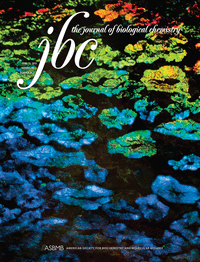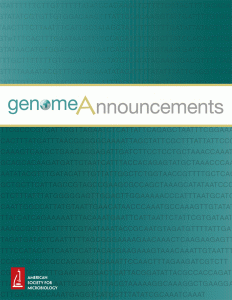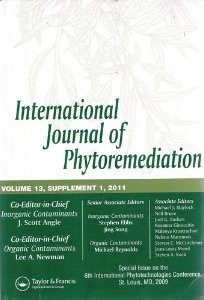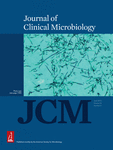 Here’s a case of retraction being a hammer when a scalpel might have been better.
Here’s a case of retraction being a hammer when a scalpel might have been better.
The authors of a 2011 paper in the Journal of Clinical Microbiology looking at transmission of hepatitis C in a former leper colony in Japan have retracted the article because an ethics panel in that country objected to the scientists’ use of fetal tissue.
The article involves a controversial aspect of modern Japanese history — the country’s efforts to eradicate leprosy, or Hansen’s disease, by isolating patients in a string of state-run sanatoriums. The policy was eventually realized to be unnecessary and ruled unconstitutional in 2001, triggering a wave of apologies to patients and their families.
Continue reading Ethics dispute forces retraction of paper on Hep C in Japanese leper colony
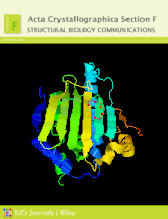
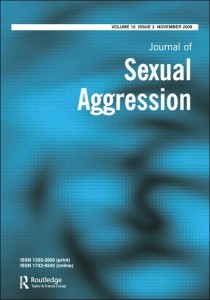


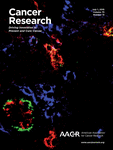 Another domino has fallen in a
Another domino has fallen in a 